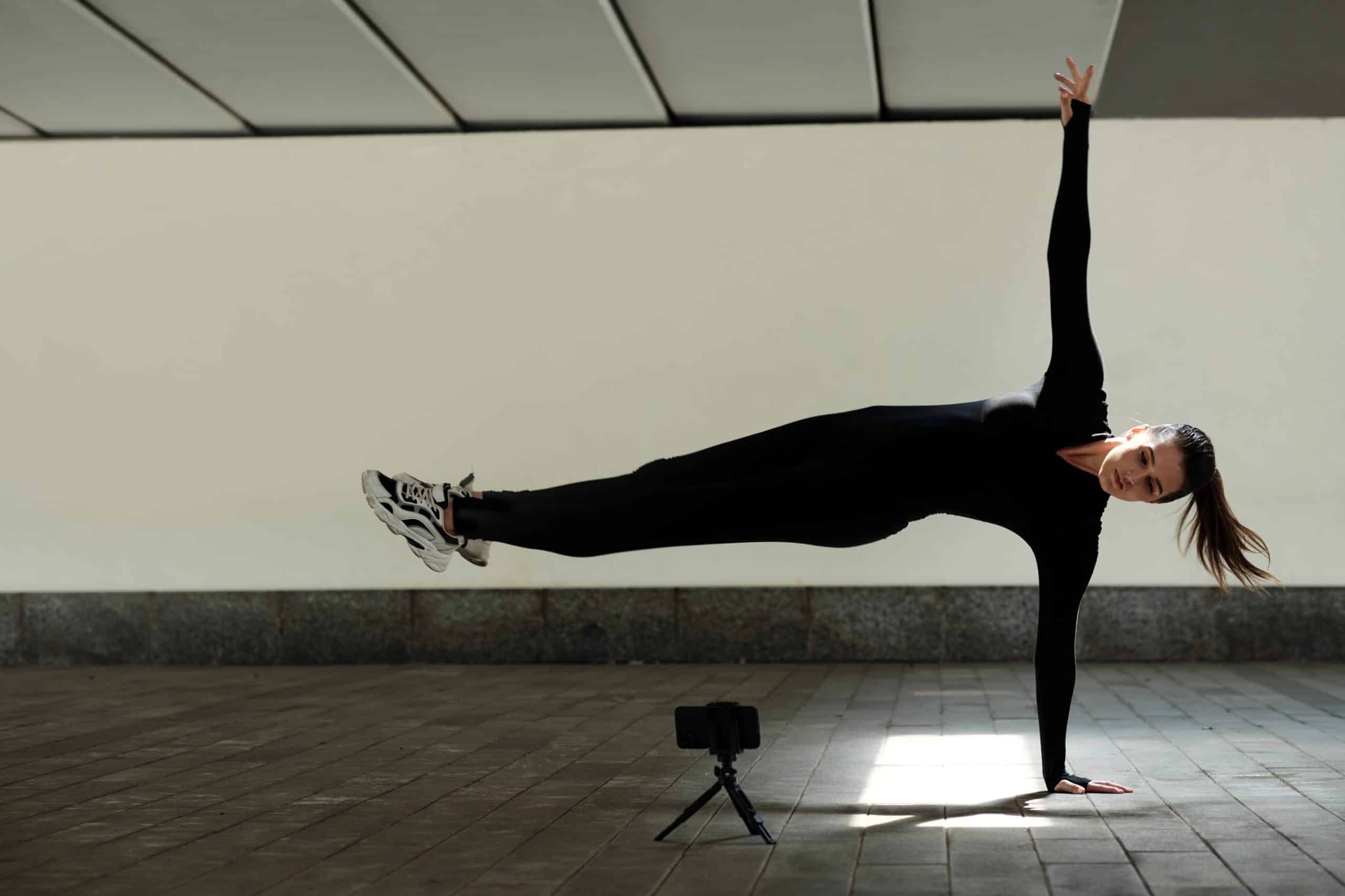What’s the Effect of Sleep Extension on Athletic Performance in Collegiate Swimmers?

In contemporary sports culture, the pursuit of peak performance is a prevalent theme. Athletes, both elite and amateur, are constantly searching for ways to better their performance, and one area that’s often overlooked is sleep. It’s well-known that sleep is essential for overall health, and more recent studies suggest that it may also be a key determinant of athletic performance. Today, we delve into the impact of sleep extension on the performance of collegiate swimmers. We will rely on reputable sources, such as PubMed and Google Scholar, to guide our exploration.
The Critical Role of Sleep in Athletic Performance
Before we delve into the specifics of how sleep extension can improve athletic performance, let’s first understand the importance of sleep in an athlete’s overall health and performance.
In parallel : What Are the Best Approaches to Injury Rehabilitation for Competitive Climbers?
Sleep serves numerous functions that are vital for good health. For athletes, sleep is even more important as it aids in muscle recovery, cognitive function, and overall performance. A study published on PubMed explains that athletes who fail to get enough sleep may experience decreased performance and increased risk of injuries. This is because sleep deprivation may lead to slower reaction times, poor concentration, and impaired decision-making.
When you consider the demands of a sport like swimming, the importance of these facets becomes clear. Swimming requires a high degree of technical skill, physical strength, and mental acuity – all of which can be negatively affected by inadequate sleep.
Also to discover : How to Design a Resistance Training Program for Female Sprinters?
The Concept of Sleep Extension
Sleep extension, as the term suggests, involves increasing the amount of time spent asleep. This doesn’t simply mean going to bed earlier. It often involves strategic daytime naps and adjustments to training schedules to accommodate more sleep.
Sleep extension has been the subject of many studies in recent times. Researchers have sought to determine if increasing sleep duration, beyond the standard recommendation of 7-9 hours for adults, can yield any significant benefits. The results of these studies have been enlightening, especially in relation to athletic performance.
Sleep Extension in Collegiate Swimmers
Swimming is an intensely demanding sport, requiring dedicated training and strict discipline. Collegiate swimmers, in particular, face the challenge of balancing academic commitments with intense training schedules, often resulting in compromised sleep times.
A study published on PubMed, focusing on sleep extension and the performance of collegiate swimmers, provides ample insight into this topic. The study involved an initial two-week period where the swimmers maintained their regular sleep schedules, followed by a six-week sleep extension period where they were required to obtain a minimum of 10 hours of sleep per day.
Interestingly, the study found that sleep extension was associated with marked improvements in the swimmers’ performance. Their reaction times improved, they swam faster, and they reported feeling better overall. These findings offer strong evidence in support of sleep extension as a performance-enhancing strategy.
The Implications for Other Sports
The findings derived from this study on collegiate swimmers have broader implications. They suggest that sleep extension could be beneficial for athletes across a variety of sports.
While the physical demands of sports vary, the fundamental need for recovery does not. All athletes require adequate rest and recovery to optimize their performance. By extending their sleep, athletes may be able to better manage their energy levels, improve their reaction times, and boost their overall performance.
However, it’s important to note that more research is needed in this area. The concept of sleep extension is still relatively new, and further studies are required to confirm its efficacy across different sports.
Practical Tips for Implementing Sleep Extension
If you’re an athlete curious about how to incorporate sleep extension into your routine, here are a few tips.
Start by setting a sleep goal. For instance, you can aim to get at least 10 hours of sleep per day, as done in the aforementioned study. This might involve going to bed earlier, waking up later, or incorporating naps into your daily routine.
Next, make your sleep environment conducive for restful sleep. Ensure your bedroom is dark, quiet, and cool. Consider using aids such as earplugs, eye masks, or white noise machines if necessary.
Lastly, establish a consistent sleep schedule. Try to go to bed and wake up at the same times every day, even on weekends. This can help regulate your body’s internal clock and make it easier to fall asleep and wake up.
Remember, while sleep extension may enhance your athletic performance, it should not replace other important aspects of sports training, such as proper nutrition and physical training. Always consult with a professional before making significant changes to your routines.
The Influence of Sleep Extension on Mental Acuity and Recovery
In the realm of athletic performance, a critical but often overlooked factor is the impact of sleep on mental acuity and physical recovery. Sleep quality and duration can have a profound impact on both these aspects.
The mind’s ability to concentrate, react promptly, and make quick decisions is referred to as mental acuity. These cognitive functions are essential for swimmers, who need to make split-second decisions and maintain their focus throughout the competition. Inadequate sleep can degrade these cognitive functions. According to a study on PubMed and Google Scholar, sleep deprivation has been linked to slower reaction time, decreased concentration, and impaired decision-making abilities in athletes.
Physical recovery is equally, if not more, important for athletes like swimmers who engage in strenuous physical activity. During sleep, the body repairs damaged tissues, builds muscle mass, and replenishes energy stores. It is also during this time that growth hormones, crucial for muscle development and recovery, are released. With insufficient sleep, these processes are hindered, leading to poor recovery and increased risk of injury.
In this regard, sleep extension could be a game-changer. By adding more hours to their sleep time, athletes may experience improvements in both their mental acuity and physical recovery. This could, in turn, enhance their overall performance.
Sleep Extension: A Paradigm Shift in Sports Training
The concept of sleep extension represents a significant shift in how we approach sports training. Traditionally, emphasis has been placed on physical training, nutrition, and recovery techniques, with sleep often taking a backseat. However, the growing body of research, including studies on PubMed and Google Scholar, is beginning to change this perception.
Presently, sleep extension is being viewed as a powerful tool to enhance athletic performance. The study conducted on collegiate swimmers, referenced earlier, provides compelling evidence in this regard. During the sleep extension phase, the swimmers demonstrated improved performance, faster reaction times, and reported feeling better in general.
These findings are particularly noteworthy because they suggest that sleep extension may not merely be beneficial for mitigating the effects of sleep deprivation, but could actively enhance performance. The implications of this are profound. It means that even athletes who are getting the recommended amount of sleep could potentially benefit from adding more sleep to their routine.
Incorporating sleep extension into sports training could mean the difference between good and great performance. But it’s important to remember that it’s not just about adding more hours to your sleep schedule. It’s about improving sleep quality and making sleep a priority.
Conclusion
Sleep, often the unsung hero in athletic performance, is now taking center stage in sports training. The impact of sleep extension on collegiate swimmers has provided new insights into how this simple, yet effective strategy could enhance performance.
From improving mental acuity to promoting better physical recovery, sleep extension has proven to be a beneficial addition to the athletes’ routine. Despite the relative novelty of this concept, the existing research supports the idea of incorporating sleep extension into training regimens across various sports.
However, it’s essential to balance this approach with other aspects of sports training. Sleep extension isn’t a magic solution that can replace adequate nutrition, proper training, or expert coaching. It should be considered as a supplement to these pillars of athletic training.
In the end, the key takeaway is that sleep matters. It’s not just about getting enough sleep, it’s also about getting quality sleep and making it a priority. By doing so, athletes can truly optimize their performance and achieve their full potential.
